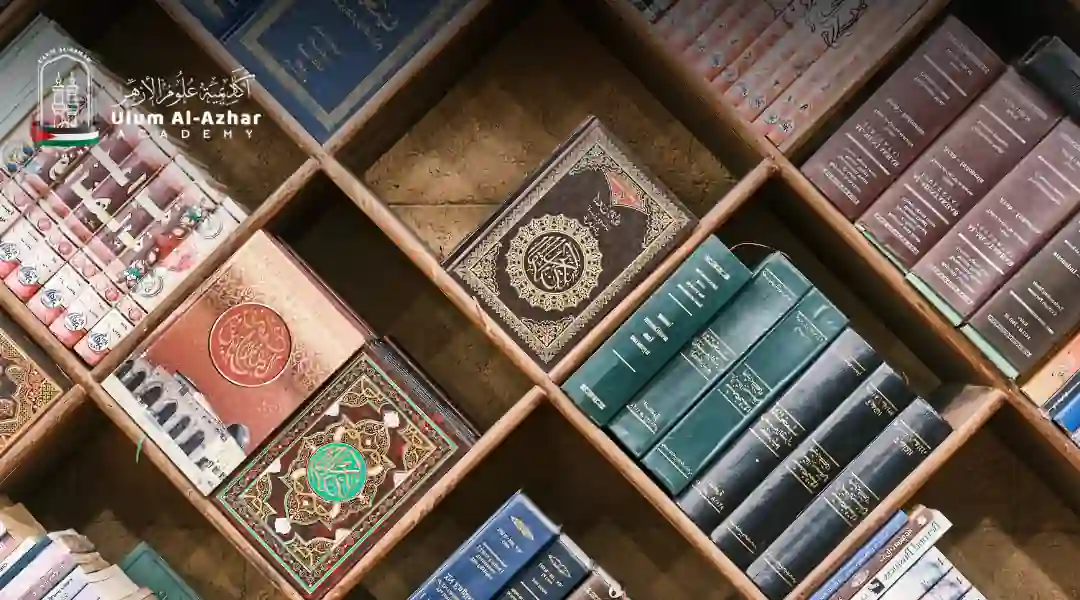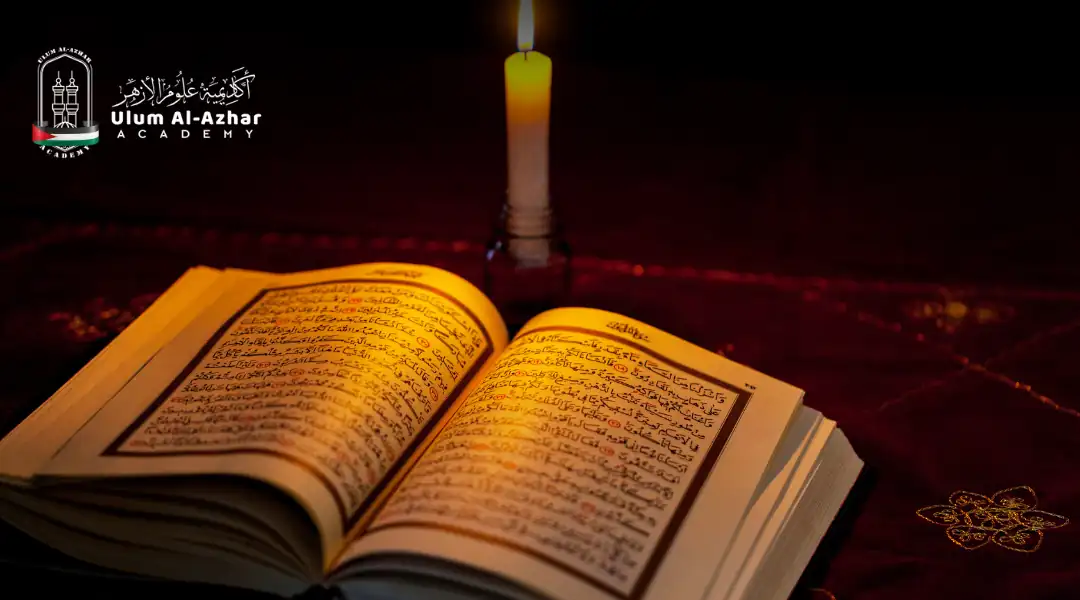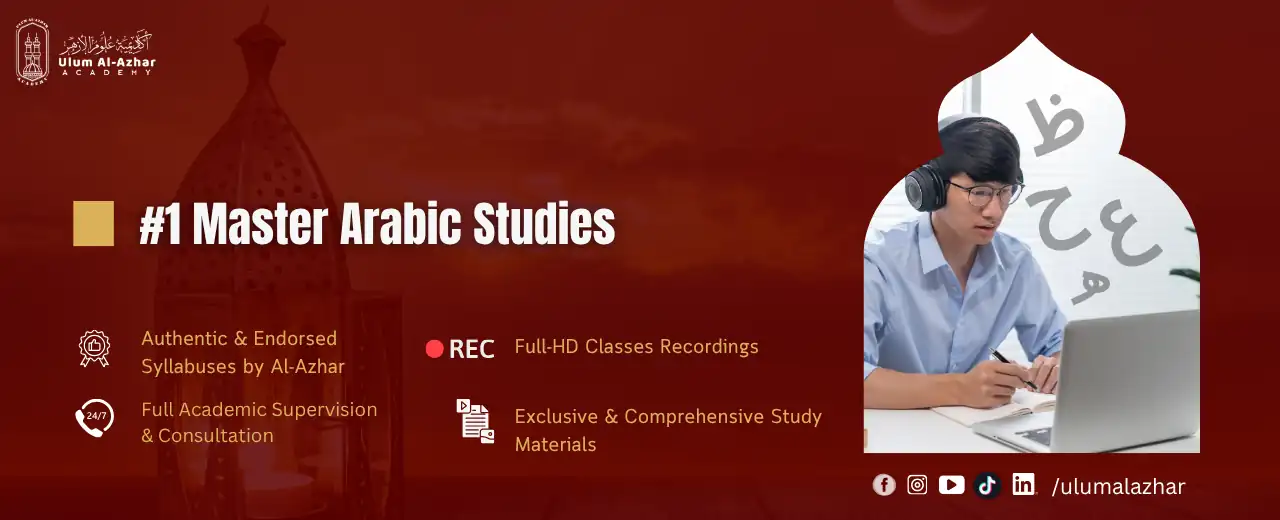
Complete Guide to learning MSA Arabic for Modern Use
The Arabic language has a special spot among the world’s languages — it connects old traditions with today’s way of speaking. Although there are many different ways people speak Arabic in various regions, Modern Standard Arabic (MSA) is the common form that brings together over 400 million people. If you’re thinking about learning msa arabic, this guide will explain what makes it unique, why it’s important now, and how you can learn it well for real-life communication, studying, and spiritual growth.

What Is Modern Standard Arabic (MSA)?
Modern Standard Arabic (MSA) is the formal and updated version of the Arabic language used in schools, media, books, and official papers. It comes from Classical Arabic, the language in which the Qur’an was revealed, but it has been made simpler and changed to fit today’s language use.
You can hear MSA on news programs, read it in newspapers, or find it in government documents. When you are learning msa arabic, you’re not just learning one regional dialect; you’re learning a language that educated people across the Arab world can understand, from Morocco to Oman.
Unlike local dialects, MSA has the same grammar and word choices everywhere in the Arab world. This helps people from different areas talk to each other clearly, even if they speak different dialects. learning msa arabic is a big step for anyone wanting to understand Arab and Islamic culture, advance in their career, or study in that region.
Connect with Al-Azhar-certified Sheikhs from Egypt for a free consultation to start your personalized Islamic studies.
Differences Between MSA and Classical Arabic
Although MSA and Classical Arabic share a common root, both are Fusha Arabic, they serve different purposes and exist in different linguistic contexts. Understanding these differences helps learners navigate their journey more effectively.
1. Purpose and Use
Classical Arabic, which is also called Fusha al-Qur’an, is mainly used in the Qur’an, Hadith, old poetry, and historical writings. It stays the same as it was originally to keep the religious and literary traditions accurate.
Modern Standard Arabic, or MSA, is used today in newspapers, TV, schools, and in international discussions. It follows the same grammar and structure as Classical Arabic, but it uses simpler language and new words to talk about things like technology, science, and politics.
2. Vocabulary
While you are learning msa arabic, you’ll see that it includes new words that weren’t in Classical Arabic. For example, words like ḥāsūb حاسوب (computer), ṭā’irah طائرة (airplane), and internet are now commonly used in Arabic, but they didn’t appear in older Arabic texts.
On the other hand, Classical Arabic has a large vocabulary for subjects like religion, philosophy, and literature, but it doesn’t have the modern terms that Modern Standard Arabic has developed.
3. Grammar and Style
The grammar stays mostly the same, but Modern Standard Arabic is more flexible in how sentences are built and how they sound. In Classical Arabic, the language is mostly used for poetry and formal speech. On the other hand, MSA is clearer and simpler, making it easier for people today to understand, especially in books, news, and TV.
When learning MSA Arabic, they often notice that Classical Arabic sounds more fancy and is used in literature, while MSA is straightforward and better for talking and writing in daily life.
4. Pronunciation and Usage
In Modern Standard Arabic, pronunciation follows the standard sounds used in formal speaking and news broadcasts. But when Arabs talk in their own local way, they sometimes change how words sound or leave off certain endings.

Advantages of Learning MSA in Modern Life
1. Access to a Shared Cultural Identity
Arabic brings together many different countries and groups through one common language. learning msa arabic lets you connect with this shared culture — helping you understand literature, history, and today’s expressions that go beyond different ways of speaking the language.
2. Professional and Academic Opportunities
In many international fields like diplomacy, translation, news reporting, teaching, and business, knowing MSA is a useful ability. Companies and organizations often prefer people who can both understand and speak formal Arabic.
Furthermore, people who study Islamic history, Middle Eastern politics, and language gain a lot from knowing MSA. It lets them read materials correctly and communicate with native speakers in academic and formal contexts.
3. Understanding the Qur’an and Religious Texts More Deeply
While MSA is not identical to Qur’anic Arabic, it shares much of the same grammar and vocabulary. learning msa arabic therefore becomes a bridge to understanding sacred texts more clearly.
Learn & practice the language of Quran with qualified Arab tutors from Al-Azhar Al-Sharif, Egypt in Online Quranic Arabic Course.
4. Personal Growth and Cognitive Benefits
Research consistently shows that learning msa arabic enhances memory, problem-solving skills, and even creativity. The language has a complex structure with a strong system of word roots, which helps the brain spot patterns and make connections, making it easier to think flexibly. It also helps people better understand the beauty and structure of language.

Best Tools and Resources to Master MSA
With today’s technology, learning msa arabic has never been more accessible. Whether you prefer traditional textbooks or interactive digital tools, here are the best ways to master the language efficiently.
1. Foundational Textbooks
Books like Teaching Arabic to non-native speakers تعليم العربية لغير الناطقين بها provide a structured approach to learning msa arabic.
2. Online Courses and Mobile Apps
Platforms such as Ulum-AlAzhar Academy provide professional instruction tailored to various levels. They focus on practical applications — helping learners use MSA in reading, writing, and conversation.
Applications like Duolingo, Rosetta Stone Arabic, and Memrise make learning msa arabic interactive and engaging. They offer short lessons that reinforce vocabulary, pronunciation, and listening skills.
3. Listening and Reading Practice
The best way to strengthen your understanding is through listening to native speakers like watching Arabic news channels such as Al Jazeera, BBC Arabic, or Sky News Arabia. This makes learning msa arabic become natural, as your ear adapts to its rhythm and your mind absorbs its expressions.
4. Language Exchange and Conversation Practice
Finding conversation partners like native speakers teachers at Ulum-AlAzhar Academy, reinforce what you’ve studied — making learning msa arabic a living skill rather than a theoretical subject.
Learning Arabic doesn’t have to be daunting! Join us in this Practical program as we break down the complexities of the Arabic language into easy-to-follow steps & Daily conversations.

Conclusion
learning msa arabic is more than just learning a language — it’s about connecting with a rich heritage that links the past to today. MSA sits between the elegant style of Classical Arabic and the practical needs of modern life. Whether you want to advance your career, better understand Arabic culture, or gain deeper insight into religious texts, mastering MSA gives you the ability to take part in one of the world’s most meaningful language traditions.
Experience personalized Islamic learning: Free consultation available with Al-Azhar-certified Sheikhs from Egypt.
FAQs
How long does it take to become fluent in MSA Arabic?
Fluency depends on your study intensity. With daily dedication, learners can achieve intermediate proficiency in about one year. However, full fluency — including reading and writing with ease — may take 2-3 years.
Is learning msa arabic enough to communicate with native speakers?
Yes, educated Arabs understand MSA, though they usually speak in dialects.
Can I understand the Qur’an by learning msa arabic?
MSA shares much of its grammar and vocabulary with Qur’anic Arabic. While additional study is needed for deeper understanding through Quranic Arabic.
Should I learn a dialect before or after MSA?
It’s best to start with MSA, as it provides grammatical discipline and vocabulary that make learning dialects easier later.
How many types of Arabic language?
Originally – away from dialects – the Arabic language is called Fusha. Then the “Fusha Arabic” is classified into: Qur’anic Arabic, Classical Arabic, and Modern Standard Arabic (MSA) (which is the modern form of Classical Arabic).
